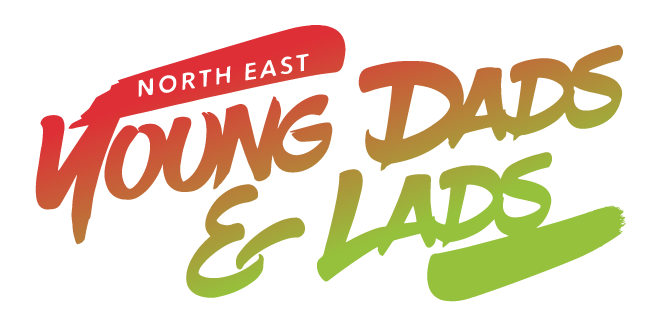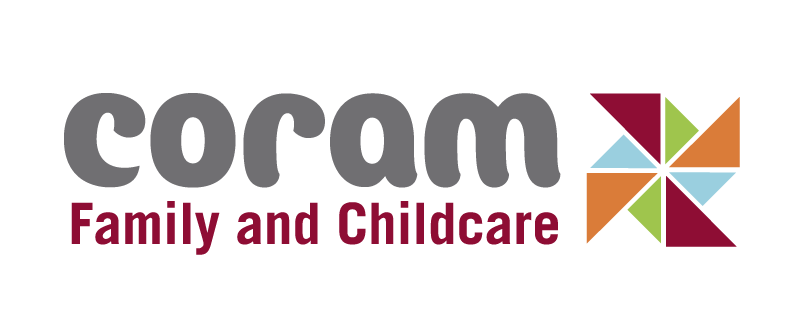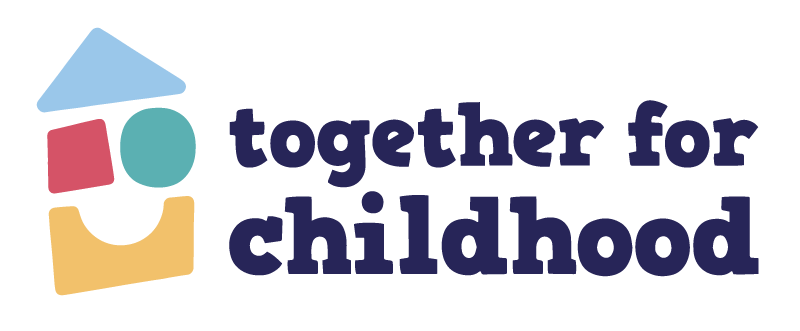
12 May 2020 • Update
Life as a post-doc on the FYFF study: reflections so far
Life as a post-doc on the FYFF study: reflections so far by Laura Way
When I applied for one of the research fellowships on the FYFF project, I had not long received confirmation of the award of my PhD which had taken me six years part-time to complete. I had also started a full-time, fixed term Lecturer post after several years of hourly work. I had begun a new academic year in a more secure position than ever and everything appeared to be ‘coming together’.
Whilst I enjoy teaching I have always aspired to build a career as a social researcher and my Lectureship provided little research support. There was no obvious research culture at the institution either. Fresh out of doctoral research I wanted to develop my research experience further.
Reading through the information pack for FYFF prior to applying I was enthused by what was being proposed and could see how valuable this work was going to be. I also worried about applying – I felt the position was out of my league. I put the application off for quite a while and nearly talked myself out of applying altogether. I was quite surprised to get an interview and even more so when I was offered one of the positions…I was over the moon! Anna had a clear vision for the Fellowships; they were intended to be training opportunities for early career researchers, so it turned out that I was ideally placed for the role. Three months in and I’m thoroughly enjoying the role and being part of such a fantastic research team.
In terms of the research project, I will be focusing on strand 2. This strand involves introducing a novel social intervention, called the Young Dads Collective, to Grimsby and evaluating this from the perspectives of young fathers and those involved in the implementation. Strand 2 is going to draw upon qualitative research tools such as in-depth interviewing and reflexive diaries as well as utilising creative data capturing during the interviews themselves. These interview schedules are currently being developed and are something we are considering across strands in terms of areas for overlap. Something else we will no doubt reflect upon in a future post.
This research fellowship, then, very much ticked a lot of boxes for me (as much as likening this to a tick box activity doesn’t seem quite right to me):
- I’ve heard our project lead, Anna, refer to the importance of having a research narrative a few times now and whilst I still need to refine what mine is (or will be!), the FYFF project offers some key overlaps with my own research interests. With a focus on ageing punk women, my PhD was concerned with taking a ‘life-course’ approach to understanding subcultural affiliation as well as exploring how ageing is gendered. The FYFF project offered overlaps with my existing research interests concerning gender, life transitions and construction of identity.
- Something else that particularly drew me to the FYFF project were the proposed methodologies. FYFF seeks to explore young fatherhood through qualitative methodologies which involve collaboration, creativity and participation, as well as exploring innovative ways of researching. This fit with my own methodological interests as a qualitative researcher committed to exploring creative and innovative research tools – during my research with ageing punk women, for example, I invited participants to create ‘zine’ pages which were collated and distributed as well as used as a tool for data capturing. We hope to develop this methodology in the FYFF study.
- Identifying as a feminist since my teenage years, this interweaved with my sociological education and in turn influenced areas of interest as well as my approach to research. It was important for me to be involved in a project built upon feminist values. FYFF is an explicitly feminist study. This was clear not just from a methodological standpoint, for example, but also in its desired aims to transform the way that society constructs and responds to marginalised young fathers through practice and policy in ways that seek to achieve gender equality. I was enthused by the potential to be involved in research which could contribute in some way to achieving greater gender equality.
- Finally, I wanted to be involved in a project that would challenge me, offering plenty of learning curves and opportunities for development. From the outset I knew the FYFF project would provide lots of chance to learn and develop my career. Working as part of a research team, for example, working with external partners, dealing with such large and varied sets of data… All of this would help me develop as a researcher and provide a safe yet challenging space to gain new skills and experiences. Related to this there were development opportunities for the research fellows built into the project.
And now I (along with most of the population) am currently experiencing an unexpected learning curve (or curve ball?!) – learning now to adjust to a new normality amidst the COVID-19 crisis. This raises various questions in the context of FYFF… How might we progress with the project and the research? What impact is this crisis having on marginalised young fathers and their families more broadly? As we do move forward, we will explore such questions as a team further and post them on the blog and project website.
In the meantime, look after yourselves and each other.
Laura





